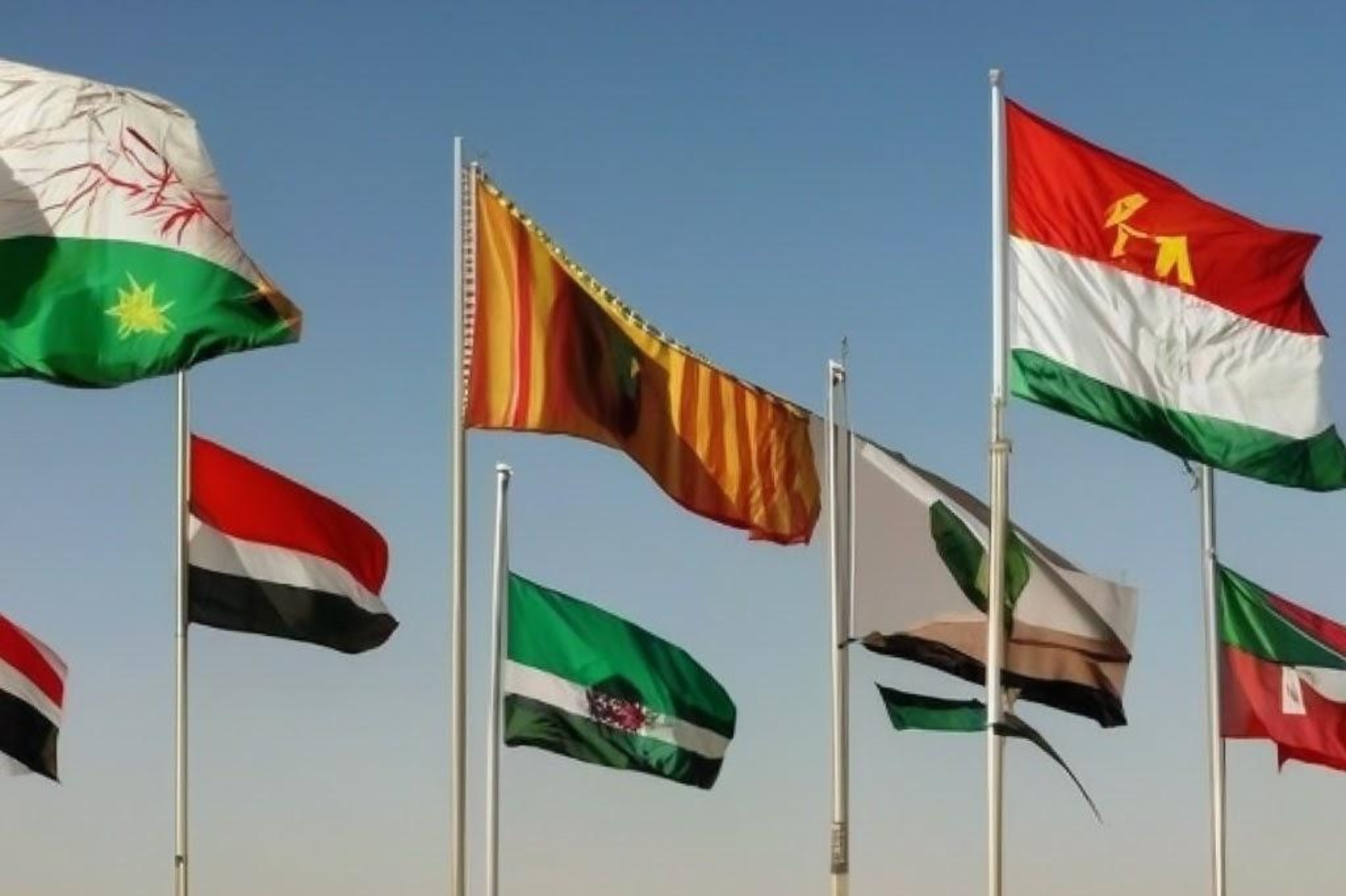
In a seismic shift of economic dynamics, BRICS, the alliance of Brazil, Russia, India, China, and South Africa, is set to expand its ranks. This isn’t just an expansion; it’s a statement that echoes across the world of finance and geopolitics.
In the grandeur of the 2023 BRICS Summit held in Johannesburg, South African President Cyril Ramaphosa made a historic announcement that six more nations would be joining. Argentina, Egypt, Ethiopia, Iran, Saudi Arabia, and the United Arab Emirates, have received invitations to join the BRICS family as partners.
In an era where the world is craving alternatives to the dollar-dominated financial system, BRICS could offer a promising vision of a multipolar world where economic influence is more evenly distributed.
Six more countries added
These newcomers represent a confluence of diverse economies, each with its unique strengths and strategic significance. Argentina, known for its agricultural prowess, and Saudi Arabia, an energy titan, bring invaluable assets to the table. Egypt, Ethiopia, and Iran, with their geographic and demographic prowess, add further depth to the alliance. The United Arab Emirates, a thriving hub of finance and innovation, rounds out the group.
Looking ahead
What does this expansion mean for the global stage? It’s a clear signal that BRICS is not content with the status quo. It’s a coalition determined to challenge the dominance of traditional Western powers and rewrite the rules of international trade and finance. With over 40 countries expressing their willingness to join BRICS, opens a new chapter in the evolving narrative of global economic influence.
As these fresh faces step onto the BRICS stage on January 1, 2024, they’re not just joining an alliance; but collectively they are sending a signal that could reshape the global economic landscape and reduce dependency on traditional institutions.

